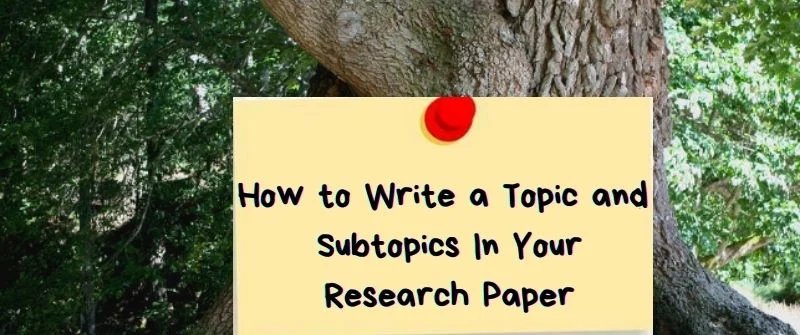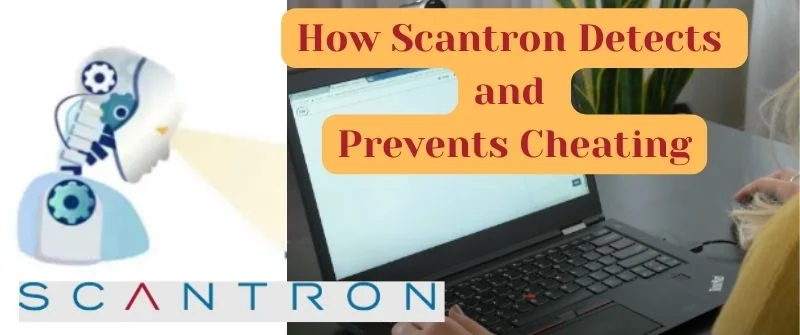Chegg Plagiarism: Review of Chegg Plagiarism Checker and its Service
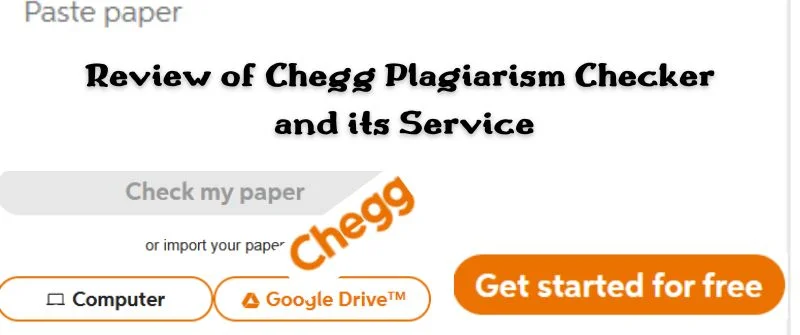
Have you always heard of the Chegg Plagiarism Checker and wondered whether it is safe for use and if using Chegg can be considered plagiarism?
This article will explore everything about the Chegg Plagiarism Checker and explore Chegg Plagiarism.
Based in Santa Clara California, Chegg is an American education technology company that was launched in 2005.
It provides online tutoring, digital and physical textbook renting, textbooks, homework help, and other student services.
Understanding the Chegg Plagiarism Checker
The Chegg Plagiarism checker checks for similarity and any instances of mistaken plagiarism within seconds. Through this plagiarism checker, you will be able to detect plagiarism and remove it.
Also Read: Text Features: Definition, Examples, and How to Use Them
How Chegg Plagiarism Checker Works
The following are tips when you are checking your work on the Chegg plagiarism checker.
1. Upload
To check your work on Chegg, you must upload or post it in the space provided. There is always the option to upload the file from the computer or Google Drive.
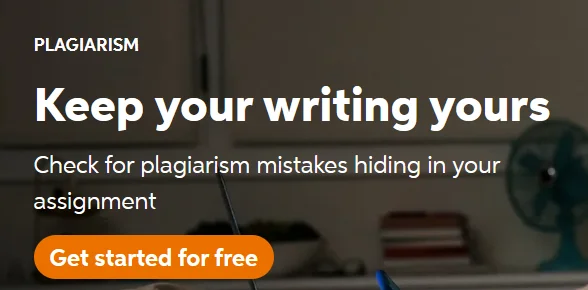
After uploading the file, click on check my paper and wait for the results a few seconds later.
2. Plagiarism Reports
After checking your work on Chegg, you will receive a plagiarism report.
Through this report, you will establish the similarity of your paper to other sources such as books and online articles.
The percentage will tell you whether the paper is safe to submit or not. Submitting a paper with 5% or more of plagiarism is always risky meaning that you will have to check the paper for the highlighted plagiarised parts and correct them.
Always note that not everything that is highlighted is plagiarised. For example, well-cited and referenced quotes can be detected as plagiarism by Chegg but your instructor will not accuse you of plagiarism for the same
3. Get Unlimited Checks
You are not required to pay any dime to check your work on Chegg. You can check anything on Chegg as long as it is in text form. The number of assignments you have does not matter.
You can check plagiarism on lab reports, short essays, long essays, and research projects on Chegg. Every paper checked is saved by Chegg and you can access it at any time or delete it at your pleasure.
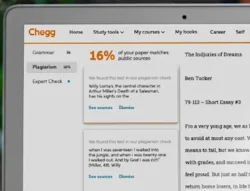
4. In-Depth Scans of Your Work
Chegg’s plagiarism reports are as detailed as Turnitin’s. Your work is properly checked against billions of web pages, books, and articles. This is the only way that Chegg can produce credible results after a check.
The Chegg plagiarism crawls web content and indexes it so that any work submitted is checked against a database that contains existing content on the internet.
This makes the reports that the Chegg plagiarism checker produces reliable
5. Detect Errors on the Spot
The Chegg plagiarism checker instantly detects errors in your writing. Any instance of plagiarism in your work is detected and highlighted for easy identification.
For every plagiarism instance, suggestions to fix it are provided. This ensures that you don’t have to repeat plagiarised work because you will have to correct the plagiarism.
However, you should be very careful when using the suggestions because you have to be sure that they do not change the meaning.
6. It is included in Chegg Premium
You do not have to pay for plagiarism services because the Chegg plagiarism checker is available within the Chegg premium package.
With over seven million assignments checked and over four million plagiarism scans, it is crystal clear that the Chegg Plagiarism checker is reliable.
Apart from plagiarism checks that help keep your work original, Chegg provides other writing options such as expert checks on your work, and grammar corrections, and presents opportunities to create citations.
Is using Chegg considered plagiarism?
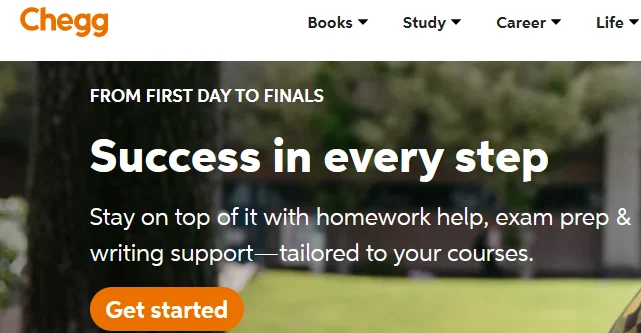
Using Chegg is considered plagiarism because the answers it provides are not original.
The website is accessed by different people who use the same answers provided. Therefore, it is very easy for professors to detect copying and the similarity with the answer formats they have encountered before.
Plagiarism checkers such as Turnitin and SafeAssign can detect Chegg content because they check all online sites that are not private.
The likelihood of submitting plagiarised work after using Chegg is very high because most of their answers are also not well cited or referenced to credit the original author.
Also Read: Can Exams be Proctored Without You Knowing: Its Pros or Cons
How to Avoid Chegg Plagiarism?
If you must use Chegg, you can use the following ways to avoid plagiarism.
1. Paraphrase
To avoid plagiarising Chegg answers paraphrase them. As you do so, make sure that you do not change the content to the extent that it loses its original meaning.
To effectively paraphrase Chegg content, you can change passive voice to active and vice versa, use synonyms, change the sentence structure, change parts of phrases, change clauses to phrases, and vice versa.
To make sure that your paraphrased work will not lose the original meaning, you must read the content and understand it properly before paraphrasing
2. Use the answers as Model
You can avoid plagiarising work found on Chegg if you use it as a model that guides you on how to tackle your questions.
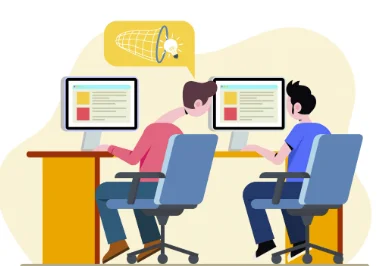
Therefore, you will see the format they have used to construct answers and how they have answered the questions and try to replicate that on your question without copying.
This way you will not have a similar answer to the one provided on the Chegg.
3. Copy Points Only
When the Chegg answers have short points that are then explained in detail, you can avoid plagiarism by copying the points only and not the explanation.
Short points cannot greatly affect the plagiarism percentage on checking tools such as Turnitin but the main content will. Therefore, writing a point and trying to answer using your explanation is a great way to avoid plagiarism.
You can use the explanation as a model to guide you on how you will frame your answer.
4. Use for Revision
This is one of the best ways to avoid plagiarism if you use Chegg. If you do not use their work to answer your questions but instead use it only for revision, then you will never have plagiarism issues.
Using the help of Chegg experts and overall content during revision will help you avoid plagiarism. As you revise using Chegg content, you will gain a better understanding and knowledge of various topics.
As a result, you will not need in assignments and exams
5. Cite and Reference
Most of the work found on Chegg is not cited or referenced. Therefore, chances of plagiarism are very high if you use Chegg answers to write your assignment.
If you have to use Chegg content, you must research and find where that it was extracted. Once you know the source cite and reference the work using the format required.
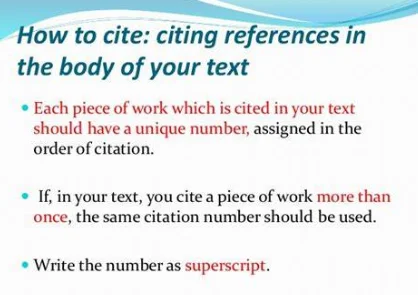
You cannot use Chegg as a reference because it does not publish scholarly-approved journals and articles.
Chegg can lead you to books that you can use to do YOUR work and reference them to avoid plagiarism.
6. Use Plagiarism Checkers
You can avoid Chegg plagiarism if you use plagiarism checkers before submitting the work to detect any similarity. If you have used any content from Chegg for your assignments, make sure that you check it using credible plagiarism checkers such as Turnitin before submitting.
Once you get the results and the similarity score is low, then you can submit the work without any doubts of plagiarism.
Also Read: Does Canvas Track Tabs: Monitor Open Browsers or Switch?
7. Commit Yourself to Always do Your Work
You will never be guilty of Chegg plagiarism if you commit yourself to always be honest in the work you present to your instructors.
When you commit to doing your work and use platforms such as Chegg to supplement your academic work, you will never be guilty of plagiarism.
Also, you will always gauge your understanding and performance and know of areas where you need to improve by submitting work that you genuinely did.

Jessica Kasen is experienced in academic writing and academic assistance. She is well versed in academia and has a master’s degree in education. Kasen consults with us in helping students improve their grades. She also oversights the quality of work done by our writers.


